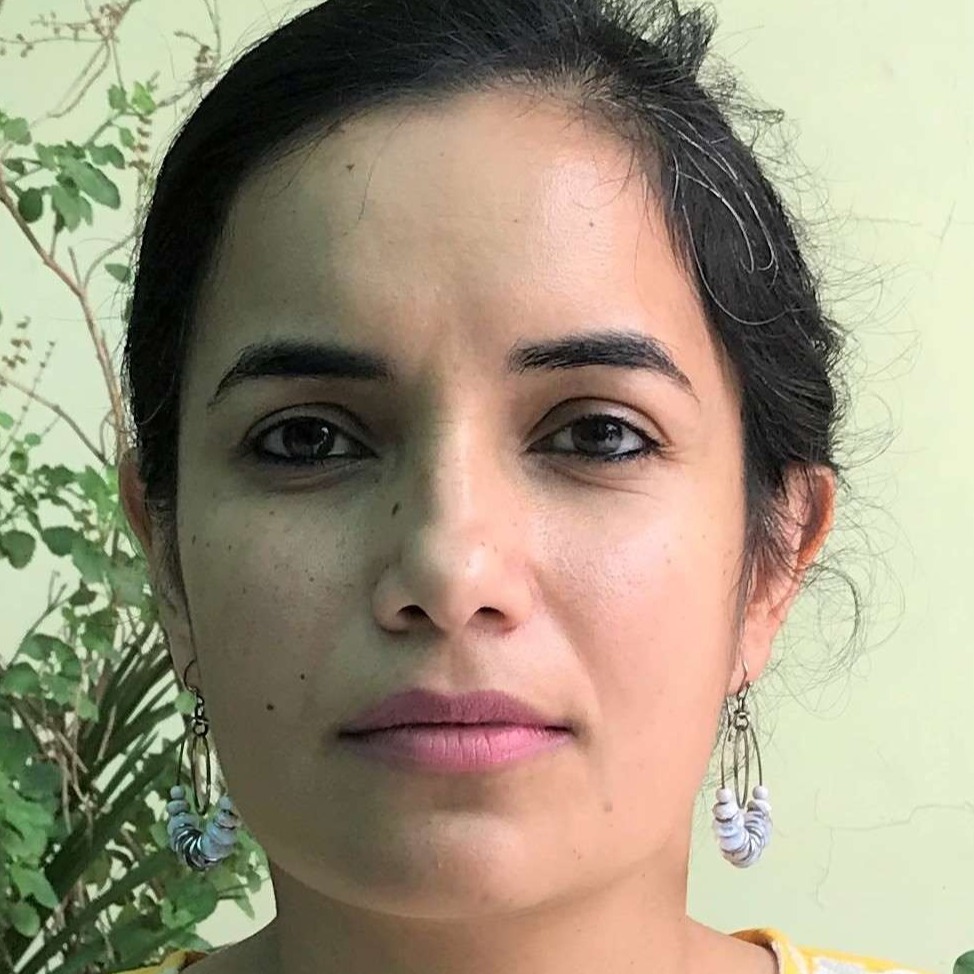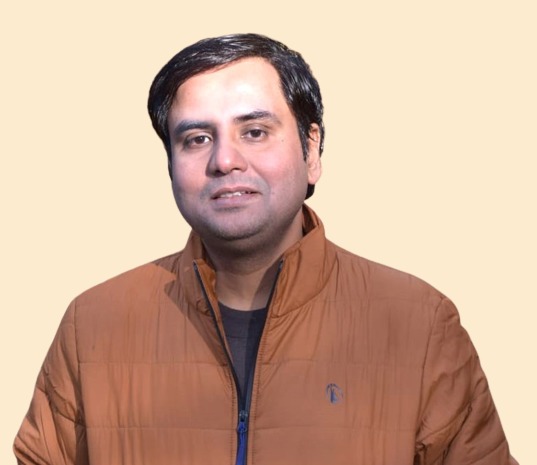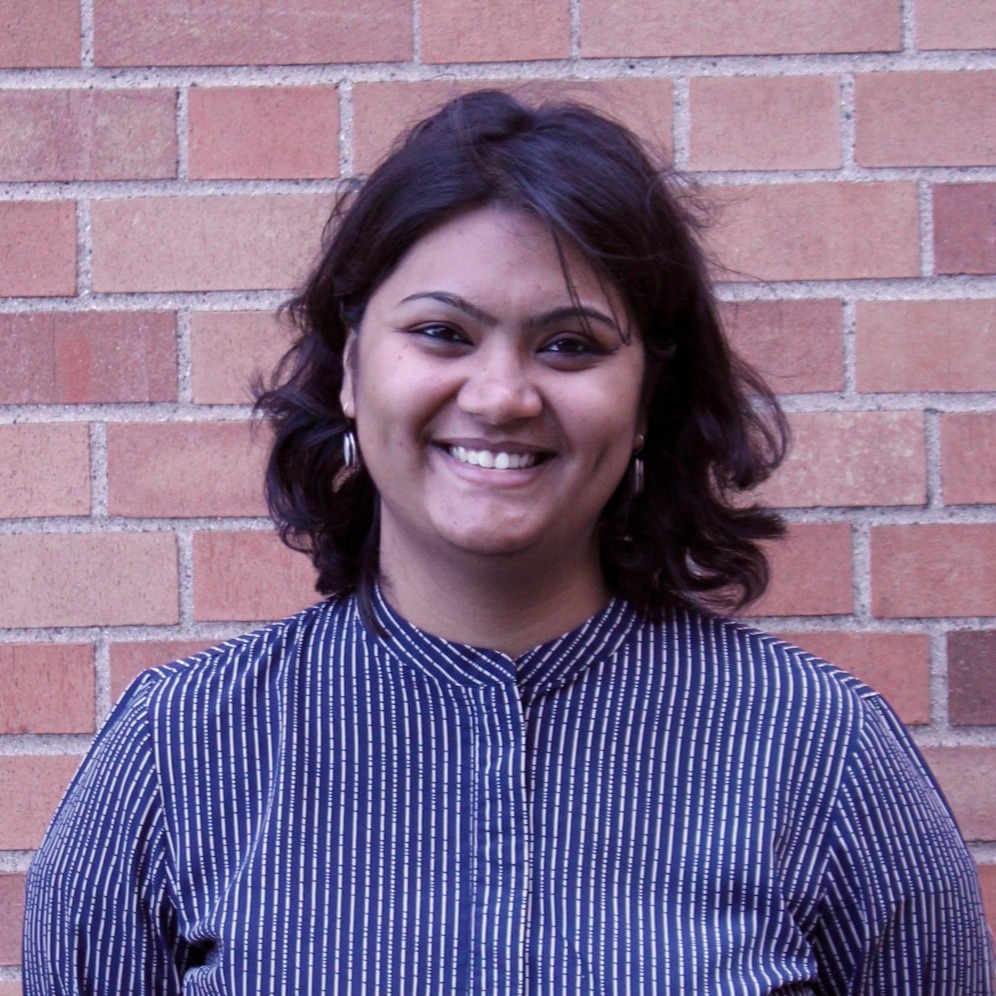There are no items in your cart
Add More
Add More
| Item Details | Price | ||
|---|---|---|---|
Instructor: Dr. Shamindra Nath Roy, Dr. Khushdeep Kaur, & Ms.Eesha KunduriLanguage: English
Attend a dynamic one weekend workshop facilitated by two very accomplished experts.
Join us for an on-campus workshop where you can enhance your skills and gain valuable insights. Don't miss the opportunity to meet like-minded people and expand your network.
An intensive certification workshop offered through live online lectures where you participate in discussions and activities.
Study in a small cohort with a specialist professor who will engage with unique pedagogy.
Day One
Session 1: What is spatial?
1. Types of maps
2. Collecting data from the field
Exercise: Collecting and mapping neighborhood data using GPS Logger
With a PhD in Geography and Urban Studies from Temple University, she works on experiences of home-making and belonging among the Kashmiri Sikh community in the context of precarity and militarization in Kashmir Valley.
At IIT-Delhi, she is tasked with understanding young women's on-campus experiences and their implications for women's retention in STEM, using 'affective' GIS to tell data-driven stories.
Prior to the PhD, Dr. Kaur worked in Public Health, where she used GIS and other mapping technologies to understand health disparities among historcally excluded communities in the US
He is a mixed-method researcher and his interest lies in examining inequalities through spatial lens. He has worked on rural-urban transformations, nature of governance in urban sprawls, internal migration dynamics in India, determinants of female workforce participation in India’s cities and socio-spatial inequalities in basic services at the sub-city level.
He has a keen interest in deploying spatial concepts like proximity, contiguity or interaction in analyzing non-spatial data, and working across datasets from various sources in the urban context.






